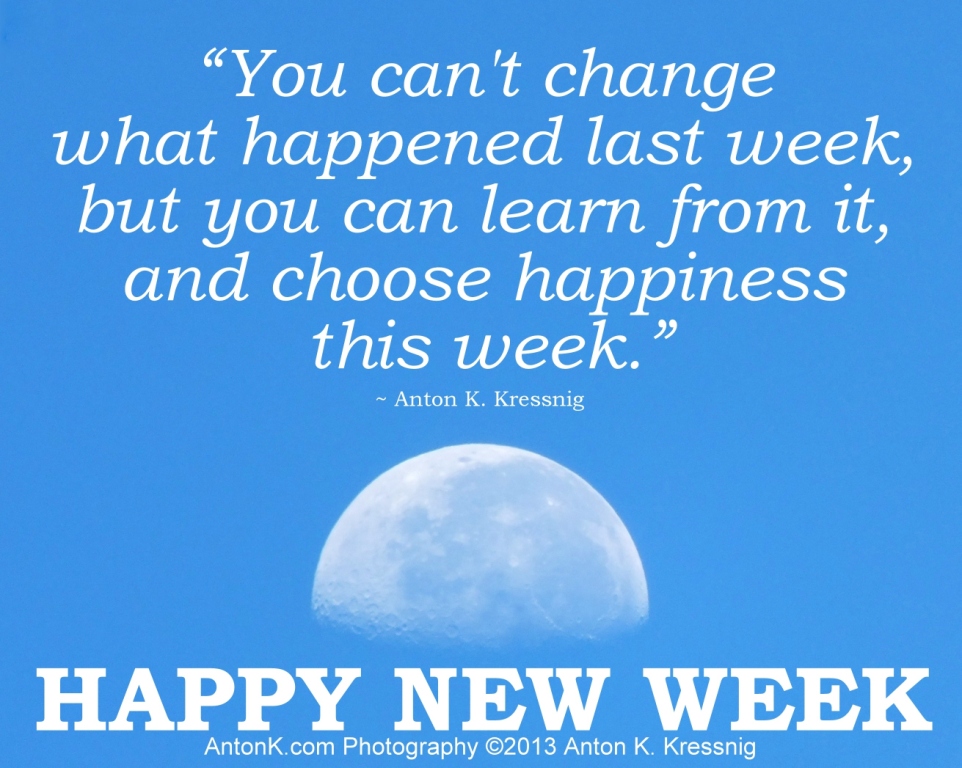 There are some boss remarks
that are so counterproductive that the best strategy is simply to bite your
tongue: Here are some things a boss should never say
There are some boss remarks
that are so counterproductive that the best strategy is simply to bite your
tongue: Here are some things a boss should never say
1. "We've always done
it this way." This is not a reason for doing something. It's a reason for the
boss to avoid the work of rethinking the problem or situation.
2. "Just figure it
out." Employees don't ask the boss how to do something when they can
figure out how to do a difficult task themselves.
3. "I don't have time
for this." It can be frustrating when employees put demands on you, but a
boss's primary function is to ensure employees can do their own jobs.
4. "You think that you're stressed?" Any
competition to see who's more stressed is truly a waste of
mental effort.
5. "Is this the best
you can do?" Well, yes, it probably is the best that the
employee can do. And if it's not, do you really think that the employee will
admit that?
6. "Just do as I
say." This remark may work with children, but employees need to know the
"why" behind the "what" and "how."
7. "Sorry to interrupt
your vacation, but..." If something goes wrong while an employee is on vacation, the boss
should chalk it up to his own lousy planning.
8. "Your predecessor
did a better job." This is ultimate unhelpful remark. All it does is make the
employee feel bad without any way to improve performance.
9. "You're lucky that
you have a job." On hearing this, the best employees start looking for a different
job and the worst ones freeze up, worrying that they'll be fired.
10. "That's a dumb
idea." A remark like this, especially when delivered during a
brainstorming session, ensures that employees never surface another idea.
 11. "You're doing a
lousy job." When employees are floundering, the boss needs to throw them a
rope, not point out that they're about to drown.
11. "You're doing a
lousy job." When employees are floundering, the boss needs to throw them a
rope, not point out that they're about to drown.
12. "You look cute
today." Just don't go there. Ever.
13. "What's wrong with
you?" It's insulting enough to be told that you're wrong, but it's
beyond insulting to imply that the wrongness is part of who you are.
14. "Why are you so
lazy?" To be useful, criticism must address the behaviors than need
changing, not character or personality issues.
15. "I knew you'd
fail." If the boss knew that the employee would fail, why assign that
project? To make the employee feel bad?
16. "I told you
so." Even if (especially if) you warned the employee that an approach
wouldn't work, gloating should be beneath you.
Source:Yahoosmallbusiness








